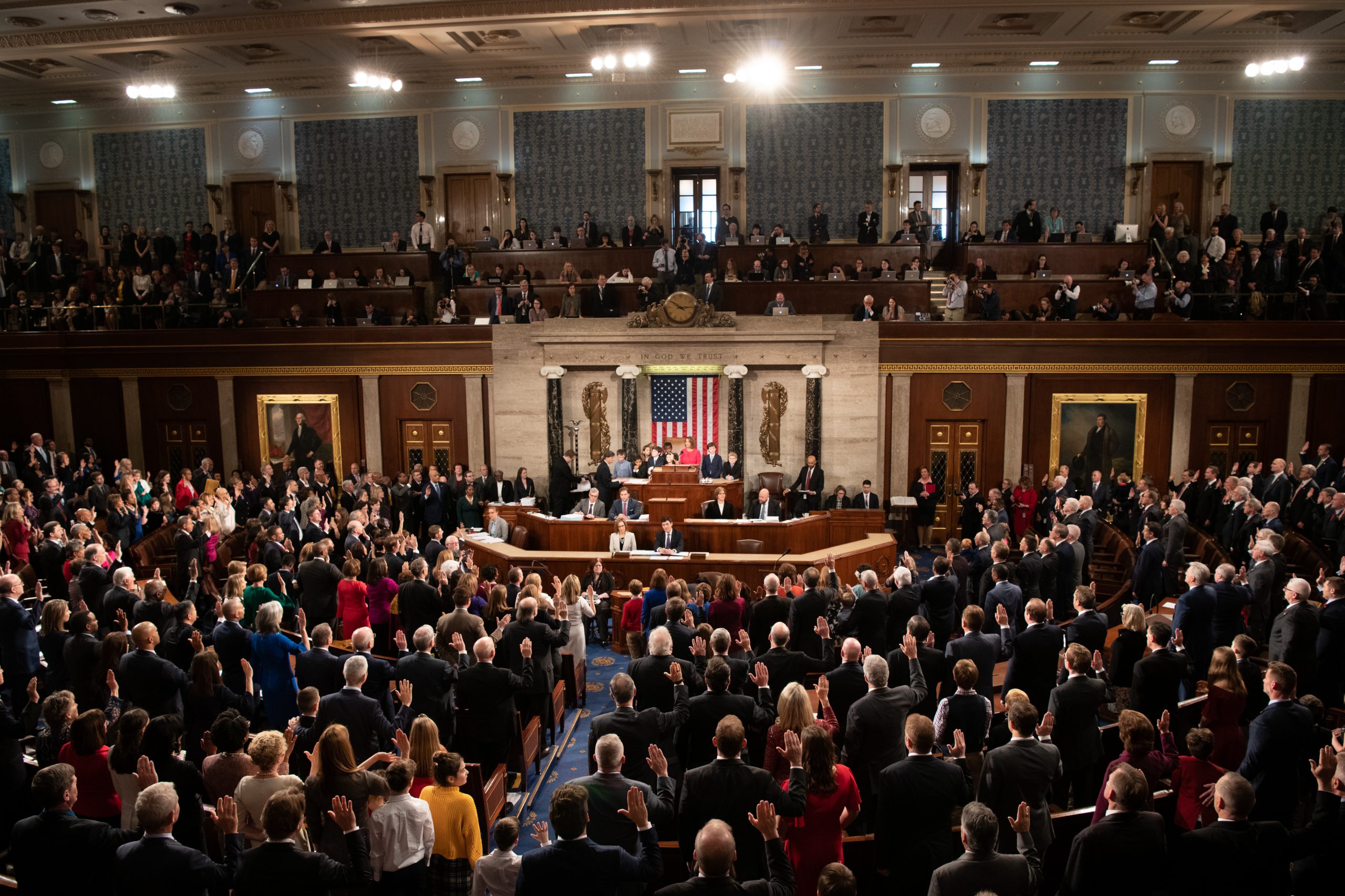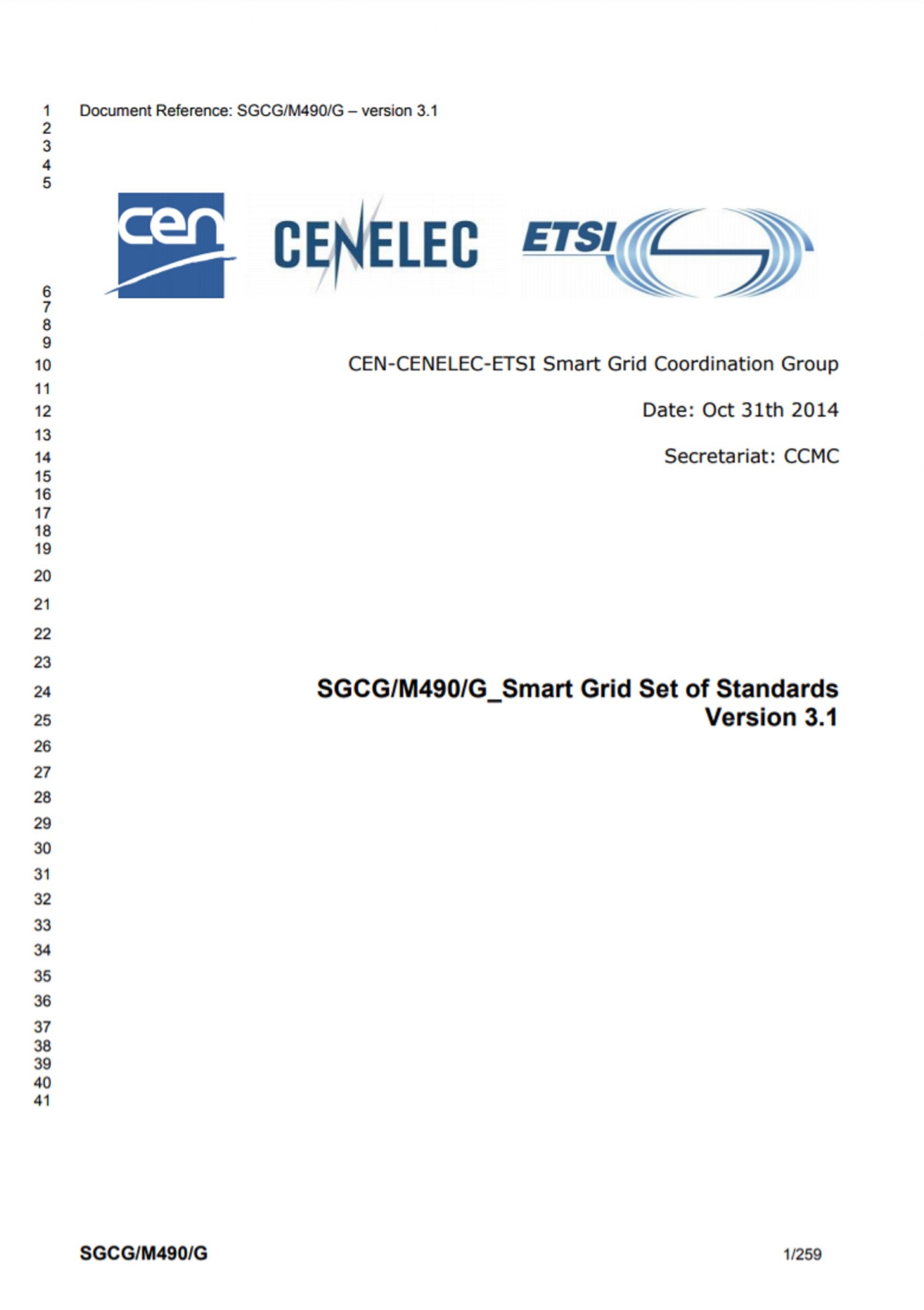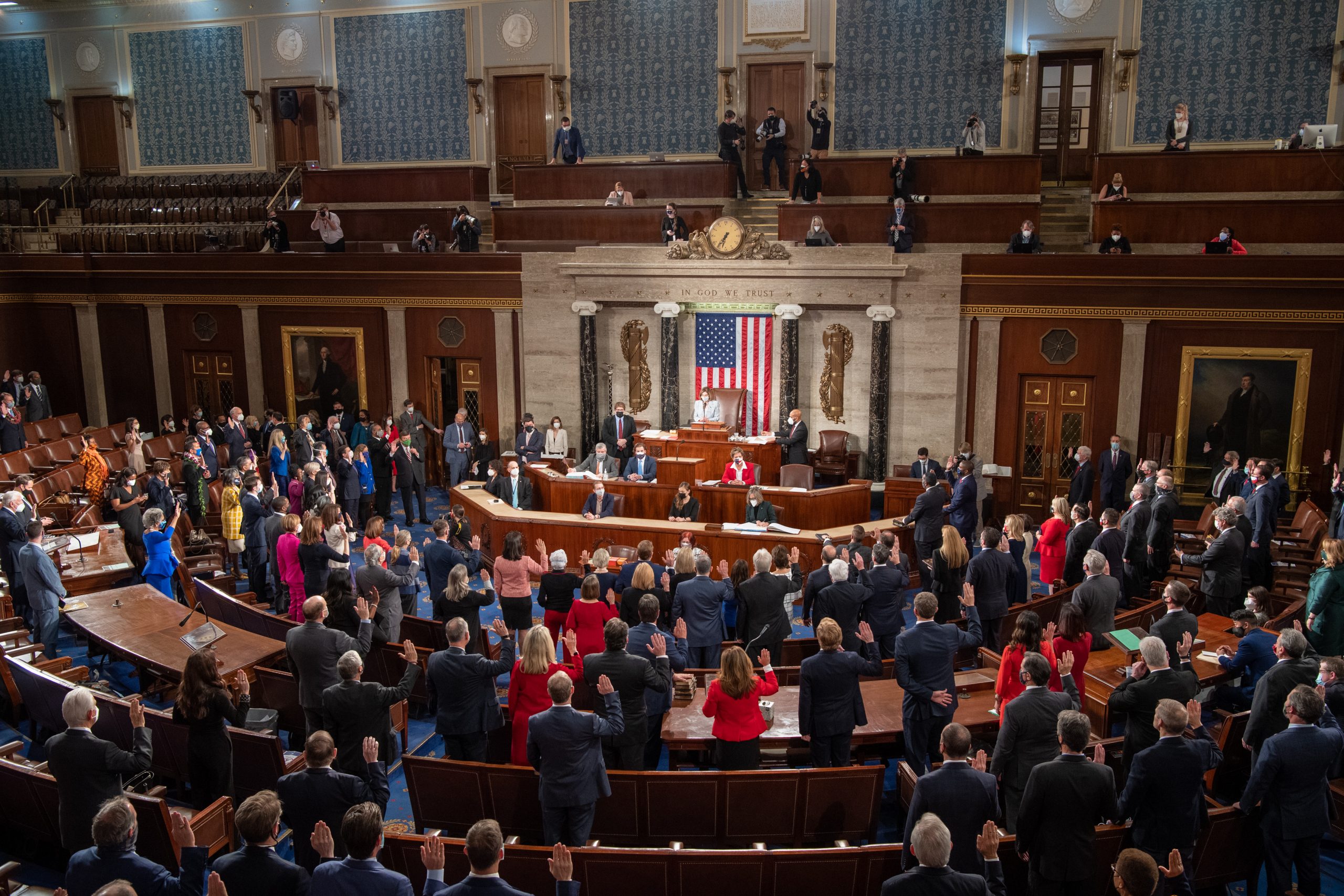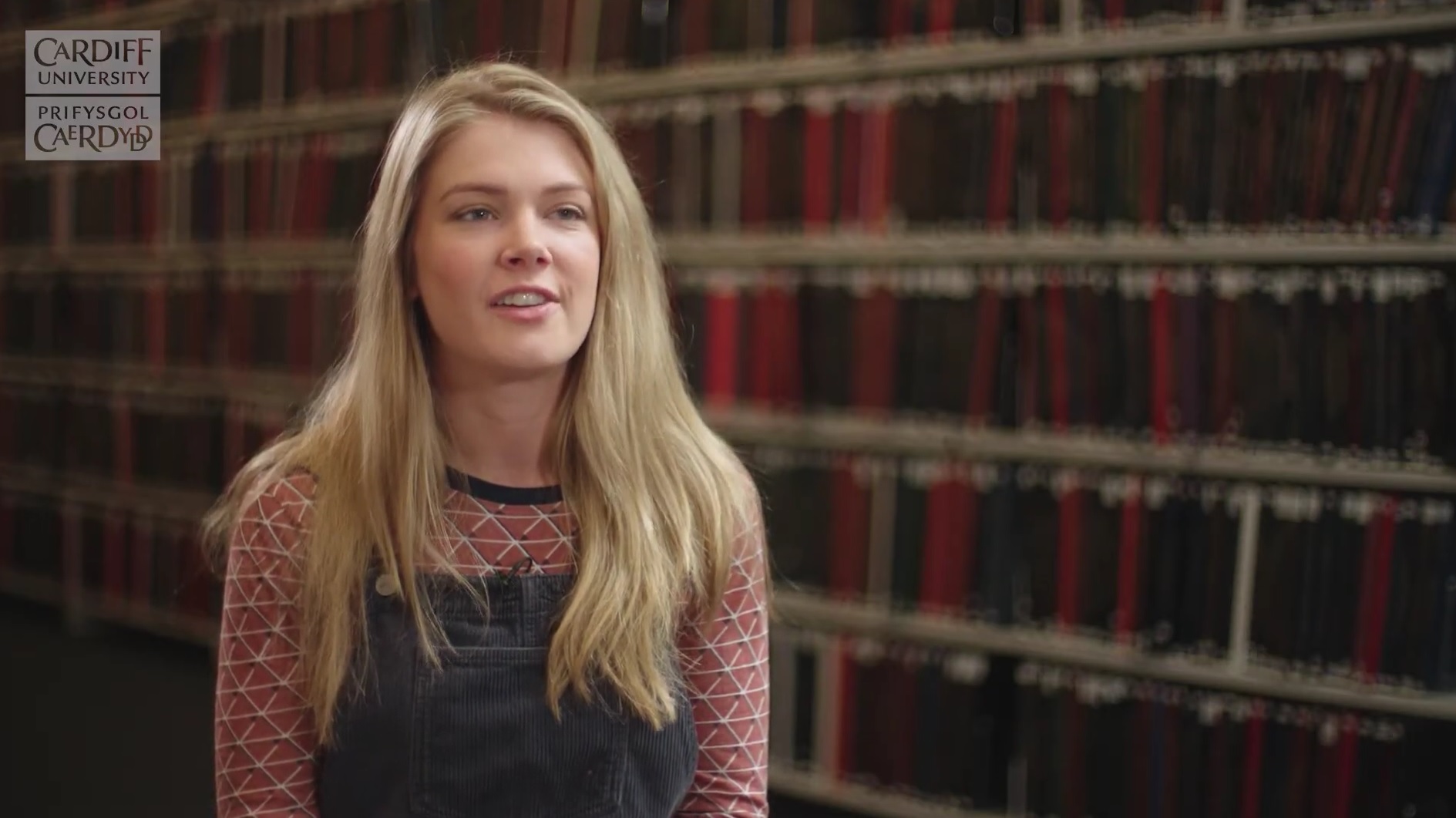Nobody’s Normal
- Home Page 422

H.R. 806: Clean Energy and Sustainability Accelerator Act
This content is accessible to paid subscribers. To view it please enter your password below or send mike@standardsmichigan.com a request for subscription details.
University Pandemic Planning
This content is accessible to paid subscribers. To view it please enter your password below or send mike@standardsmichigan.com a request for subscription details.
H.R. 1066 American Food for American Schools Act of 2019

434 lawmakers, including 89 new freshman Members, were sworn in to the 116th Congress on January 3, 2019. Photo by Phi Nguyen.
The American Food for American Schools Act * would strengthen the existing “Buy America” provision to the existing National School Lunch Program.
First, it would establish a waiver process for schools to purchase foreign food items, requiring permission from the U.S. Department of Agriculture. Then the waiver would have to be publicly posted online, and emailed to parents or guardians of the students attending the school.
Only two conditions could suffice for a waiver to buy foreign foods. One is if the items are not sufficiently produced or reasonably available from American producers. The other is if the costs of the American product is “significantly” more expensive than its foreign alternative.
*During GOVTRACK’S “Pause” you may access the draft legislation at the link below:
H.R. 447 National Apprenticeship Act of 2021
A BILL: To amend the Act of August 16, 1937 (commonly referred to as the “National Apprenticeship Act”) and expand the national apprenticeship system to include apprenticeships, youth apprenticeships, and pre-apprenticeship registered under such Act, to promote the furtherance of labor standards necessary to safeguard the welfare of apprentices, and for other purposes.
New update alert! The 2022 update to the Trademark Assignment Dataset is now available online. Find 1.29 million trademark assignments, involving 2.28 million unique trademark properties issued by the USPTO between March 1952 and January 2023: https://t.co/njrDAbSpwB pic.twitter.com/GkAXrHoQ9T
— USPTO (@uspto) July 13, 2023
Standards Michigan Group, LLC
2723 South State Street | Suite 150
Ann Arbor, MI 48104 USA
888-746-3670















